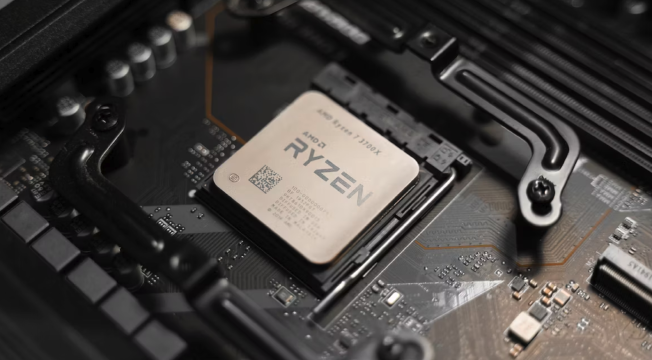Excerpt§
Hashing the identical input multiple times generates consistent yet distinct pseudo-random hashes, and does not eventually yield the same value.s
Introduction§
Hashing is a crucial concept in computer science that converts an input into a fixed size string output called a hash value. It is used extensively in areas like cryptography and data storage. Understanding hash collisions caused by inputs mapping to the same hash, and rehashing or hashing repeatedly, provides insight into how hashing algorithms function.
This article explains why hashing the same input over and over does not eventually produce identical hash values, due to the deterministic yet seemingly random nature of cryptographic hashing algorithms.
Explanation of Hashing Algorithm§
Hashing is the process of converting arbitrary length input data into a fixed length hash value using a hashing algorithm or function.
Key points:
Input data can be of any size, but output hash is of fixed length.
Hashing functions like MD5, SHA1 are deterministic - same input gives same hash.
Hash appears pseudo-random and vastly different from original input.
Hashing is important as it produces a unique identifier for an input, useful for indexing and security.
The Concept of Hash Collisions§
A hash collision occurs when two different inputs generate the same hash value. Collisions are inevitable in hashing due to the pigeonhole principle, as finite hash values have to map infinite inputs.
Collisions relate to the birthday paradox - in a room of just 23 people, chances are 50% that two share the same birthday. Similarly, a hash function has certain likelihood of collisions.
Rehashing and its Impact on Hash Values§
Rehashing means computing the hash of a hash, by hashing the hash value again and again.
This results in vastly different hashes due to avalanche effect, where minor changes in input cause major changes in output hash.
Rehashing increases randomness in the generated hash values.
Can Hashing Over and Over Eventually Give the Same Hash?§
Hashing the same input over and over will not produce the same hash value eventually, due to following reasons:
Deterministic Nature of Hashing
Hashing algorithms are deterministic, giving same output for a given input.
If input stays exactly same, rehashing gives same hash every time.
Pseudo-randomness in Hash Values
Hash outputs appear random, but are derived deterministically from inputs.
Look random, but rehashing same hash gives same new hash each time.
Avalanche Effect
Minor changes in input lead to drastic changes in hash output.
Even smallest change in input hash will drastically alter rehashed value.
Hash Length
Hash lengths are very large - 128 or 256 bits, hence trillions of combinations.
Practically impossible for repeated hashing to go through all combinations to give same value.
Examples
Input: IToolkit
MD5 Hash: 8d465c7c0d65d9ee6f7c658340c8c668
Rehash: a3f869609f7b23fea4ff8a018344af97
Clearly, repetitive hashing produces consistent yet distinct hash values, not eventually repeating.
Conclusion§
In summary, hashing an input repetitively does not result in the same hash due to the deterministic and avalanche properties of cryptographic hashing functions. While collisions occur for different inputs, rehashing the identical value produces consistent pseudo-random outputs. Understanding this gives insight into using hashing securely and effectively in computer applications.















